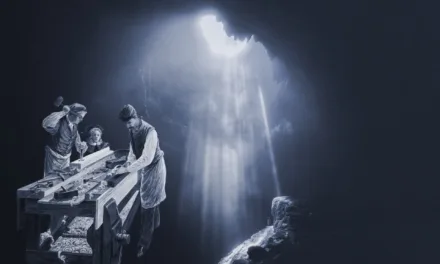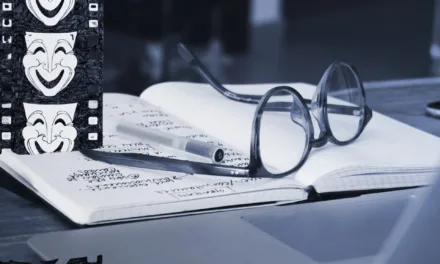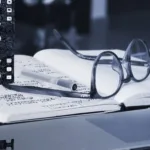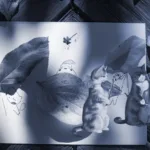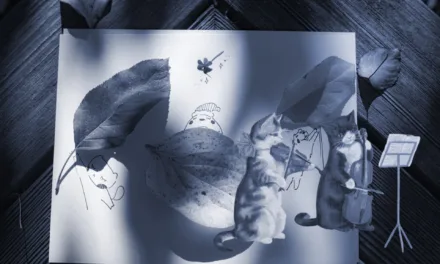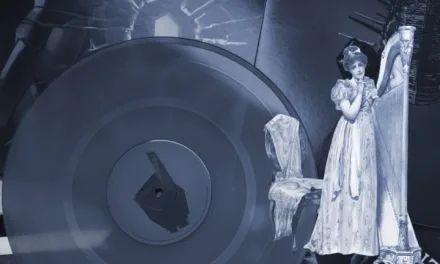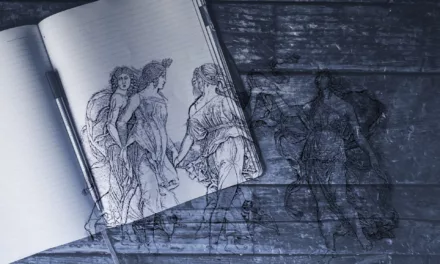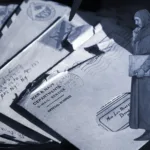
AI and You: Emerging Technology and What It Means for Writers
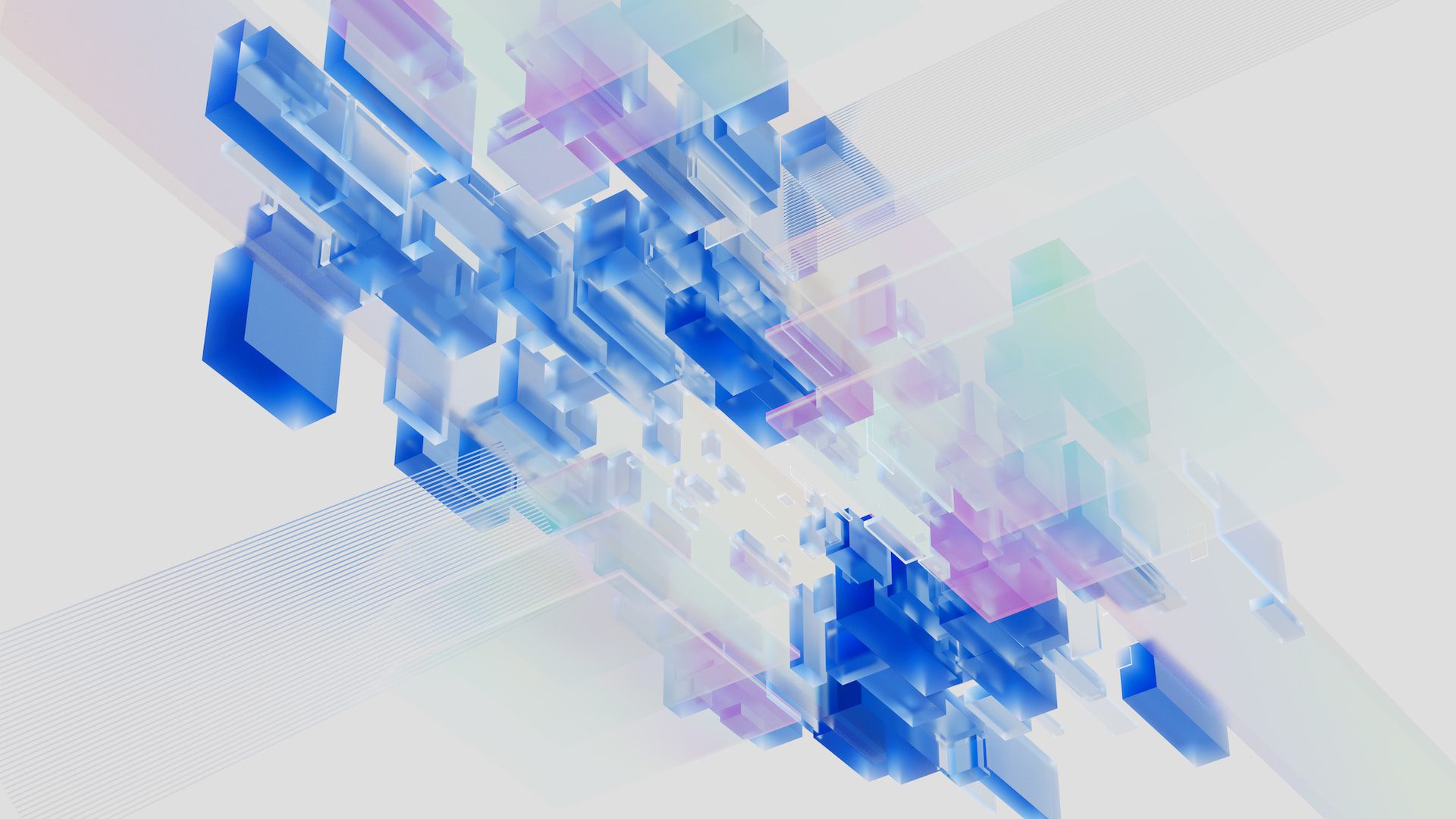
Imagine the world in 1439. You are a scribe, and your job is to meticulously copy manuscripts into empty books. It is a sweet gig…until the printing press arrives. Suddenly, your professional life is over.
Imagine the world of switchboard operators. You are the most essential link in new communication, responsible for manually plugging in the right wires to connect real voices over vast distances. But now automatic switching and Voiceover Internet Protocol (VoIP) have made you obsolete.
Weavers and textile workers, answering services, elevator operators, car assembly welders, the old “typing pool”–countless professions have seen technology reshape their disciplines, automating and changing the way we work.
And now we have ChatGPT (and other AI’s) threatening the human writer.
Does AI really threaten human writers?
A great many handwringers are desperate to know, “Will AI replace human writers forever?” It’s not all as doom-and-gloom as that, but there are definitely certain writing jobs and disciplines that will feel the effect of AI on their industries.
Current AI tools can develop great clickbait, top 10 articles on the Web, and other summaries of readily available pop culture data that constitutes ‘low-level’ entertainment. People do those jobs now, but this is a sector that AI can easily take over.
AI can also develop legal briefs, terms of service, research summaries, and business proposals—essentially any long form writing that humans find necessary but tedious. Copywriters who excel at this kind of content will likely feel the pinch as companies turn to AI as a cheaper, faster option.
The latest generation of ChatGPT is reportedly able to pass the bar exam 90% of the time (up from 10% in its previous generation). It is easy to imagine humans being removed from that kind of formulaic, rote work, that, up till now, has been a legitimate career for many writers.

Why it’s not all doom and gloom
In short, AI can mimic very well, can synthesize libraries of knowledge into coherent narratives in seconds, and can already fool some readers with its prose. But AI, regardless of how plausible the output may be, is not a thinking machine. It’s essentially an algorithm trained to spot common patterns.
What AI lacks is comprehension. When it can develop its own ideas, obsess over the wording, cultivate its own self-loathing, and then critique itself…then we can talk about humans being fully replaced. Until then, the AI is merely mimicking the style of a human (or rather “many humans”). It is no more than a pastiche engine, and it is not even aware of what it is doing.
So, what does that mean for the budding writer? If you are looking to write fluff on the Internet, converting other articles into clickbait lists, collecting and summarizing other people’s observations and packaging them as your own independent thought, then yes, those days are probably numbered. AI will generate that faster than you, often at equal or higher quality, and more cheaply.
However, here is the fatal flaw. AI art generators create stunning images but, comically, cannot render realistic human hands. Why? you ask. Because AI does not understand how hands work. AI is merely copying shapes from representative samples. AI has no awareness of how hands work and no self-awareness that it has rendered them so poorly.
The same is true in fiction writing. If you are focused on writing fiction, especially fiction that exposes truth in the human condition, a machine incapable of thought or emotion cannot replace you. At best, it can imitate your past work. And while AI might get better at that over time, smart readers ultimately will not stand for it.
So, be confident in your creative power and go do the work only a thinking and feeling person can do.
The legal considerations of incorporating AI into your process
The increasing use of AI in the creative writing process has raised concerns about its impact on copyright. If you plan to incorporate any AI technologies into your writing process, here are some implications to consider:
- Ownership of AI-generated content: In general, AI-generated content cannot be copyrighted. It can only be copyrighted if you can prove that the work has sufficient human authorship. If you use AI to generate prompts, or spark ideas, then you’re probably in the clear as far as ownership is concerned. But if you release fully AI-generated content, then from a legal perspective, you probably don’t have authorship over the work. Additionally, if the content was created by an AI system that was trained on copyrighted works, there could be a risk of copyright infringement.
- Originality of AI-generated content: As discussed above, AI is great a mimicking style and content. If an AI system is used to create content that is too similar to existing works, it could be considered derivative and infringe upon the original author’s copyright.
- Fair use: What constitutes fair use in law is famously difficult to apply and prove. The fair use doctrine allows limited use of copyrighted material without permission for purposes such as criticism, commentary, news reporting, teaching, scholarship, or research. AI developers fall firmly on the side of AI falling under fair use, however, artists, writers, and other people who have had their work used for the purposes of machine learning without permission feel very differently. It is a complex legal area, so if you plan to incorporate AI-generated content into your work you’ll likely need to make a personal moral judgement on how you view the machine learning process.
- Attribution: As any academic or non-fiction writer will tell you, attribution is a very important element of writing if you’re using the research and original work of others as a basis for your own creation. If AI-generated content includes elements of other works, it’s important to give proper credit to the original sources to avoid copyright infringement or acquisitions of plagiarism. AI, however, is notoriously terrible at providing correct sources and attributions. Because they are algorithm-based, they look at patterns, and can’t verify. If you plan to incorporate AI-generated content into your work, ensure that any information you use can be fact-checked and properly sourced and attributed.

How AI technology can help writers
Technology has long been part of the writer’s process. From the printing press forward, we have used technology to improve access to new knowledge and to pace up the creation of new work. Perhaps you use an iPad, a smartphone, or laptop. Others have a favorite software, like Novlr, designed to limit the distractions of daily life (I’m looking at you, Internet!) and help them focus exclusively on their work.
Technology develops, and the reality is that machine learning technology isn’t going anywhere. It may change as more legal safeguards are put in place to protect creators, but once it’s out of the box, it’s hard to put it back in. If you want to try it out for yourself, there are ways that AI can help you that aren’t all about the creative heavy lifting.
Where AI technology excels is in spotting patterns. This makes it excellent for idea generation. Using something like ChatGPT as a writing buddy to bounce ideas off is a fun way to explore your own story ideas without relying on it to do the writing for you. It’s a safe way for you to use the technology to your advantage to empower you as a writer, instead of letting it take over what you love to do.
The technology you choose to incorporate into your writing process is there to organize thought, simplify the act of expression, and facilitate your creative process. Simply put, your tech should make the process of telling stories more joyful.
No matter what level of tech you choose, don’t let technology, or the lack of it, be an excuse or barrier to writing. Without you, and you alone, the work would not exist.

